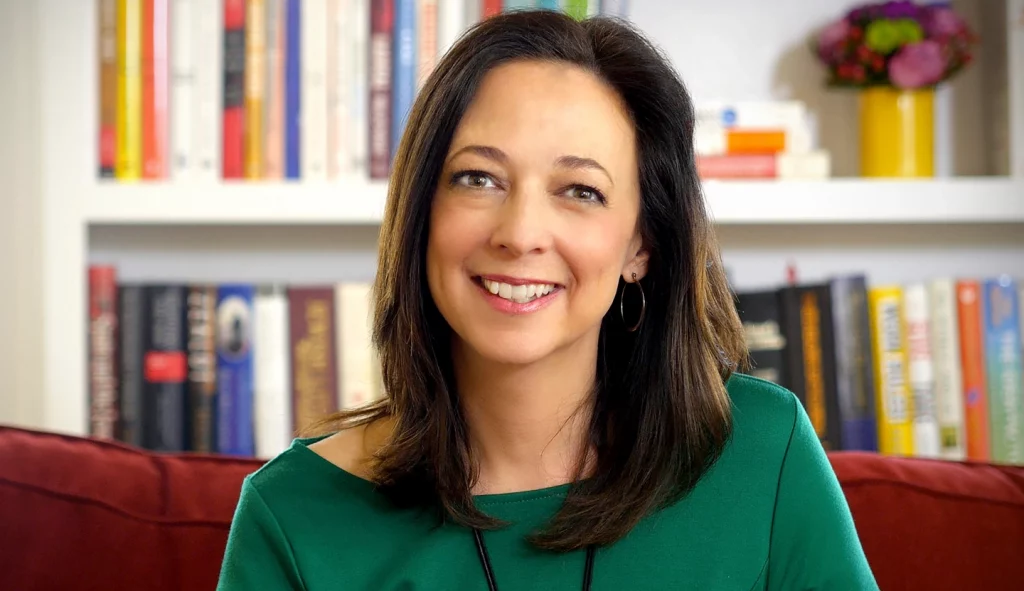
This book is about the power of introverts, a super interesting and important topic.
The author, Susan Cain, is the world’s best-known expert on this personality type. Her TED talk has had over 32 million views so far.

Culturally, our most important institutions – the schools and the workplaces – encourage us to work in teams and to even join “team building” activities. At school we’re spurred to have our say in class; and in our CVs we feel we must confirm that we’re able to work with others.
However, not everyone is the same. There are some personalities, introverts, who are highly sensitive to stimulation and who flourish in the exact opposite conditions. For example, offices with open plan spaces (as it’s the trend nowadays) kill the productivity and creativity of introverts, who instead would benefit more from solo workspace, quiet zones, reading and meditation rooms.
So, this book investigates why if we don’t recognise and value the potential of introverts, we’re losing out. It also inspires the introverts to live as their true selves and it shows to the extroverts how their lives are enriched by the introverts.
It’s accessible, easy to read, well-written, well-researched, insightful and, for me, revolutionary. It made me reflect a lot about my personality and gave me a broader understanding of myself, with a shocking surprise too, as it seems that being talkative doesn’t necessarily mean that you’re an extrovert! It has left me thinking even long after I finished reading it and it’s the read that has had the biggest impact on my life this year.
In Conclusion
I loved this unique book, it deserves the highest rating possible, so I can’t recommend it highly enough to everyone and, in particular, I think that every parent, teacher and company owner / manager really should read it.
I am now looking forward to reading Cain’s newest book “Bittersweet“.
Some of My Favourite Quotes From the Book:
There’s zero correlation between being the best talker and having the best ideas.
Spend your free time the way you like, not the way you think you’re supposed to.
Don’t think of introversion as something that needs to be cured.
When you go to a football game and someone offers you a beer […], they’re really saying hi, have a glass of extroversion.
Or at school you might have been prodded to come “out of your shell”—that noxious expression which fails to appreciate that some animals naturally carry shelter everywhere they go, and that some humans are just the same.
“Restorative niche” is Professor Little’s term for the place you go when you want to return to your true self. It can be a physical place, like the path beside the Richelieu River, or a temporal one, like the quiet breaks you plan between sales calls.
Open-plan offices have been found to reduce productivity and impair memory. They’re associated with high staff turnover. They make people sick, hostile, unmotivated, and insecure.
Shyness is the fear of social disapproval or humiliation, while introversion is a preference for environments that are not overstimulating. Shyness is inherently painful; introversion is not.
Whoever you are, bear in mind that appearance is not reality. Some people act like extroverts, but the effort costs them energy, authenticity, and even physical health.
It’s OK to cross the street to avoid making small talk.
Finland is a famously introverted nation. Finnish joke: How can you tell if a Finn likes you? He’s staring at your shoes instead of his own.
“It’s not that I’m so smart,” said Einstein, who was a consummate introvert. “It’s that I stay with problems longer”.
“Or you’re told that you’re “in your head too much,” a phrase that’s often deployed against the quiet and cerebral. Of course, there’s another word for such people: thinkers.”
Another study, of 38,000 knowledge workers across different sectors, found that the simple act of being interrupted is one of the biggest barriers to productivity. Even multitasking, that prized feat of modern-day office warriors, turns out to be a myth.
Title: Quiet. The Power of Introverts in a World That Can’t Stop Talking
Author: Susan Cain
Year first published: 2012
From Goodreads:
At least one-third of the people we know are introverts. They are the ones who prefer listening to speaking; who innovate and create but dislike self-promotion; who favor working on their own over working in teams. It is to introverts—Rosa Parks, Chopin, Dr. Seuss, Steve Wozniak—that we owe many of the great contributions to society.
In Quiet, Susan Cain argues that we dramatically undervalue introverts and shows how much we lose in doing so. She charts the rise of the Extrovert Ideal throughout the twentieth century and explores how deeply it has come to permeate our culture. She also introduces us to successful introverts—from a witty, high-octane public speaker who recharges in solitude after his talks, to a record-breaking salesman who quietly taps into the power of questions. Passionately argued, superbly researched, and filled with indelible stories of real people, Quiet has the power to permanently change how we see introverts and, equally important, how they see themselves.